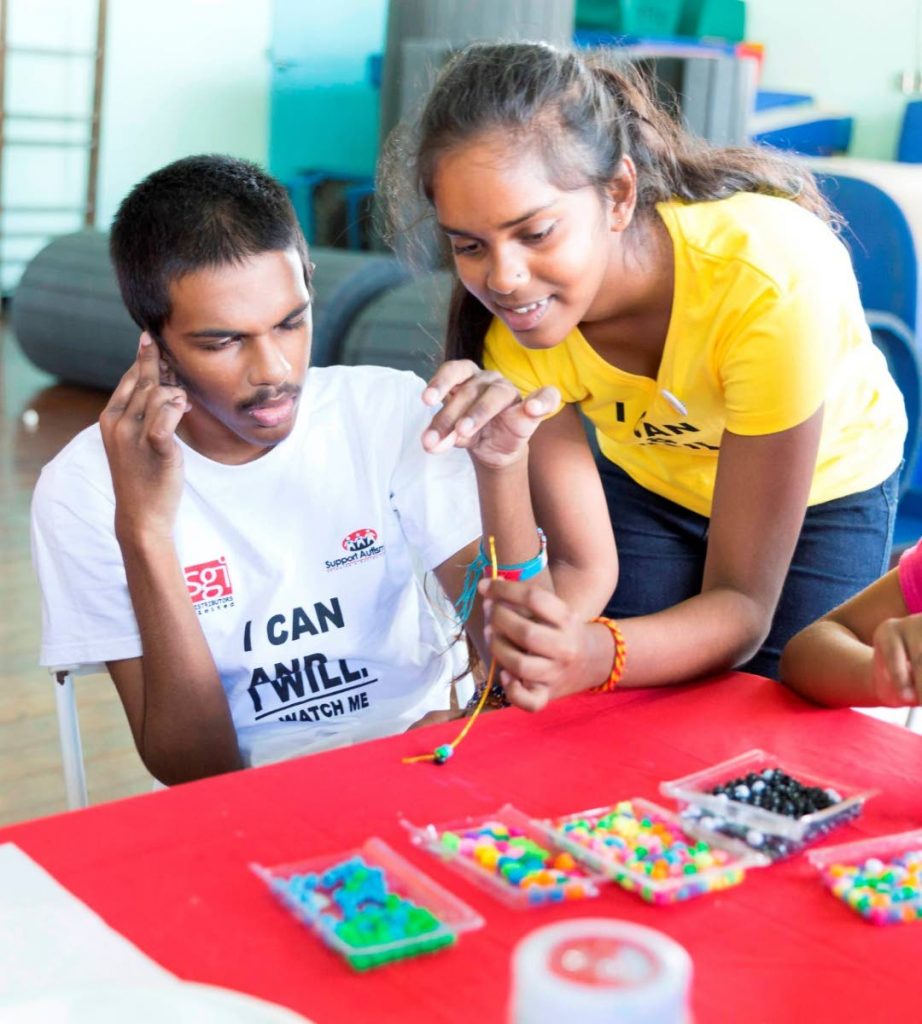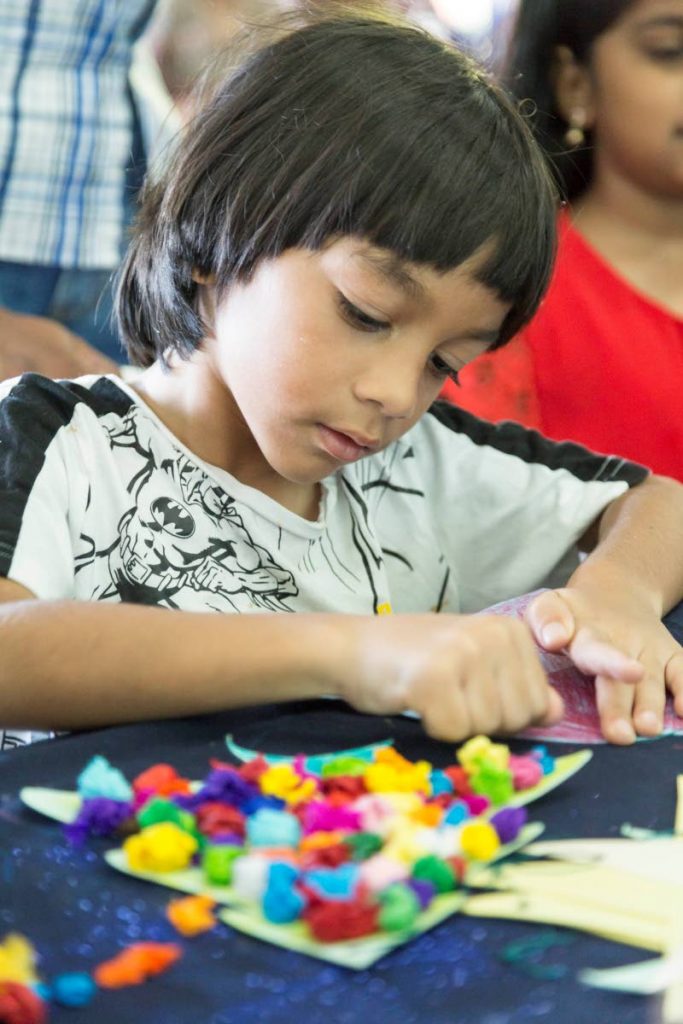Celebrating World Children's Day

DR RADICA MAHASE
ON FRIDAY, TT joins the rest of the world in celebrating World Children's Day. UNICEF executive director Henrietta H Fore said, "We must listen to you – today’s children and young people – about the issues of greatest concern to you now and begin working with you on 21st-century solutions to 21- century problems."
With this in mind, I am sharing extracts of a blog written by 17-year-old Maya Nanan for the blog The Diana Award. She is the president of the Siblings and Friends and a 2020 Diana Award recipient.
For every child, every right: World Children’s Day
"Around the world, children are showing us their strength and leadership advocating for a more sustainable world for all. Let’s build on advances and re-commit to putting children first. For every child, every right.” Antonio Guterres, UN Secretary-General.
On November 20, every year since 1950, World Children’s Day is celebrated in commemoration of the Declaration of the Rights of the Child by the UN General Assembly. Its aims are to promote and celebrate children’s rights, promote togetherness and awareness amongst children as well as to improve child welfare globally.
Did you know that approximately 100 million children globally are street children and that number is continuously growing? Right here in TT, I have been able to witness some children who are being denied their basic rights. Some of these include the right to health care, the right to education and the right to protection.
I would visit the market most Sundays with my mom. One particular Sunday I recalled seeing two children. Each of them had a sign in their hands. One had the words, "I am hungry please help me," and another said, "Something to eat please." I felt so devastated seeing them standing on the side of the road begging for something to eat, begging for someone to provide them with a basic necessity. Thoughts rushed through my mind as I wondered if these children have access to some of the other basic rights such as education and health care.
It was later that day I learnt that this is the reality of other children in my country and many more children around the world.
According to statistical data posted on the website theworldcounts.com, “Every ten seconds a child dies from hunger.” Childhood hunger can affect an individual’s mental and emotional well-being. Children can experience developmental issues and they will be incapable of reaching their full potential because of hunger. Here are some ideas that can be implemented to help end childhood hunger:

- Sataish Rampersad
– We can start and maintain a programme aimed at feeding children in our local communities such as a soup kitchen.
– We can host a food drive amongst our families and friends where we can collect non-perishable food items to give to children.
Internationally, more than 175 million children do not have access to pre-primary education. Education is very important, as it shapes a better future for a child and assists with developing problem-solving skills. Even more importantly, education provides stability in life. Overall, more than 260 million children are denied their basic right of attending school.
In order to provide equal access to education the following can be done:
– Governments should invest in quality education programmes for children born in lower socio-economic environments. These can include grants to purchase books, free transportation to schools, scholarships, amongst others.
– As individuals, we can organise free tutoring services for children from lower income brackets who might not have regular access to formal education so that they will not be left behind.
In my country, many children with autism and other special educational needs are denied their basic rights to therapy, education and health care. My team and I have been engaged in advocating and creating opportunities for individuals living with autism. We plan and execute events in which children with autism and other special needs can participate in a sensory friendly environment. It is our hope that as youth volunteers, through our advocacy, we can highlight the unequal treatment of children in our country. We hope that the TT government will implement policies to ensure that every single child is not denied his or her rights.
As we celebrate World Children’s Day 2020, I am calling on everyone, regardless of age, to actively engage in helping a child in need. I believe that every single person can make a difference. I can and I will make a difference.
Dr Radica Mahase is the founder/director of Support Autism T&T


Comments
"Celebrating World Children’s Day"